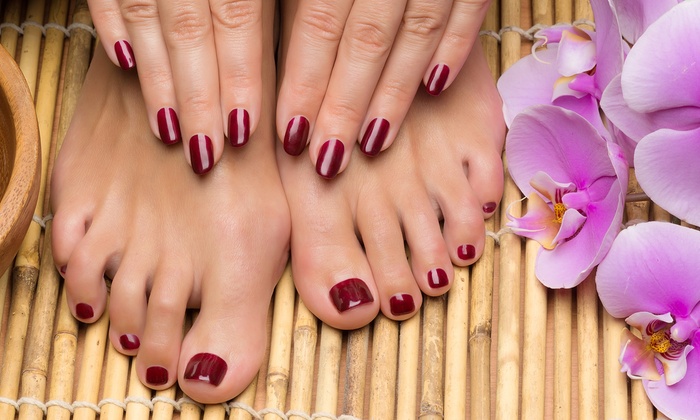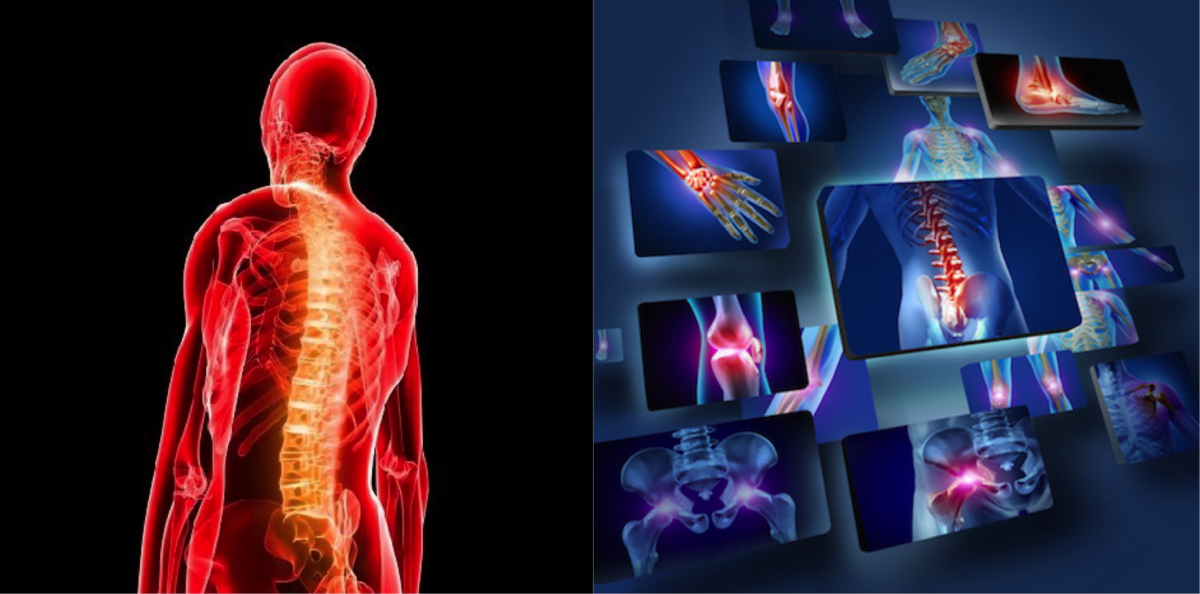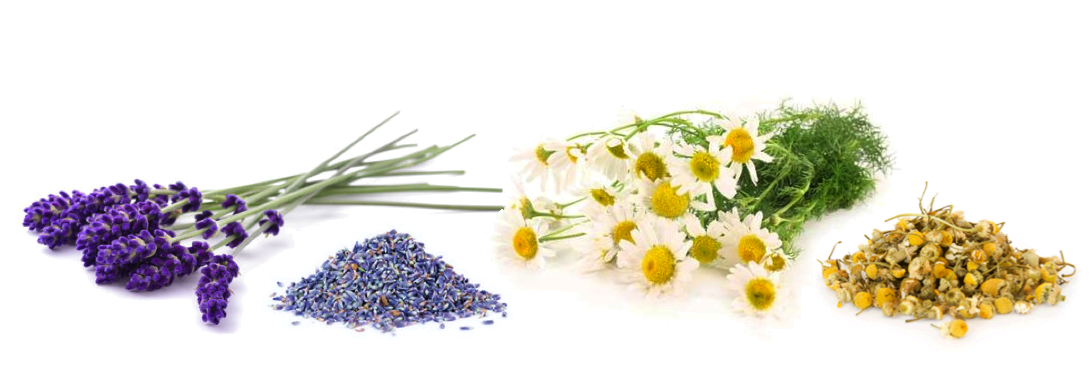Today I’m going to write about nails. I was talking with a work colleague this week about Acrylic manicures and whether they were ‘toxic’.
For 20 years I used to get acrylic coatings on my nails. I didn’t mind that over time this process made my nails thin and weak, because that is how they are naturally.
It is only in recent years that I stopped this practice. I became more aware of the damage that some chemicals can do to our body.
Not many people are aware that our nails are in fact porous and that water can pass through more easily than normal skin. Any moisture that collects underneath the surface of the nail would ordinarily evaporate, passing through the porous structure of the nail. The presence of an artificial nail or a polish impedes that.
With these facts in mind I was concerned that any of the chemicals used in the acrylic manicure could be absorbed through the nail.
The research…..
I have done a lot of research online to clarify this, but have found so much conflicting information.
One study I found did reveal that some chemicals used in some nail polishes are absorbed into the body.
“Duke University researchers and a non-profit organisation called the Environmental Working Group, conducted the study.
The study found evidence of a nail polish chemical in the bodies of women who used popular nail polish brands. The researchers discovered traces of triphenyl phosphate, or TPHP in all of the study’s participants just 10 to 14 hours after they painted their nails.
TPHP has been linked to changes in hormone levels including endocrine disruption. In addition, previous studies in animals have found connections between the chemical and adverse developmental and reproductive problems.
The group’s research found that not only did TPHP exist in many popular nail polish brands, also that several polishes did not list the chemical in their ingredients.” (Source http://www.dukechronicle.com/)
What to do…
So, after all this I still am unsure about acrylic & gel. I am however convinced that we absorb some chemicals through our nails as the Duke University study revealed. With this in mind I probably won’t go back to using acrylic. However, I do use a nail polish that is free of triphenyl phosphate and other chemicals such as – toluene, formaldehyde and DBP (dibutyl phthalate).
We all make choices that contribute to our health and this is just another way for me to minimise my exposure to unnecessary chemicals.
Till the next post,
Live Clean n Prosper



